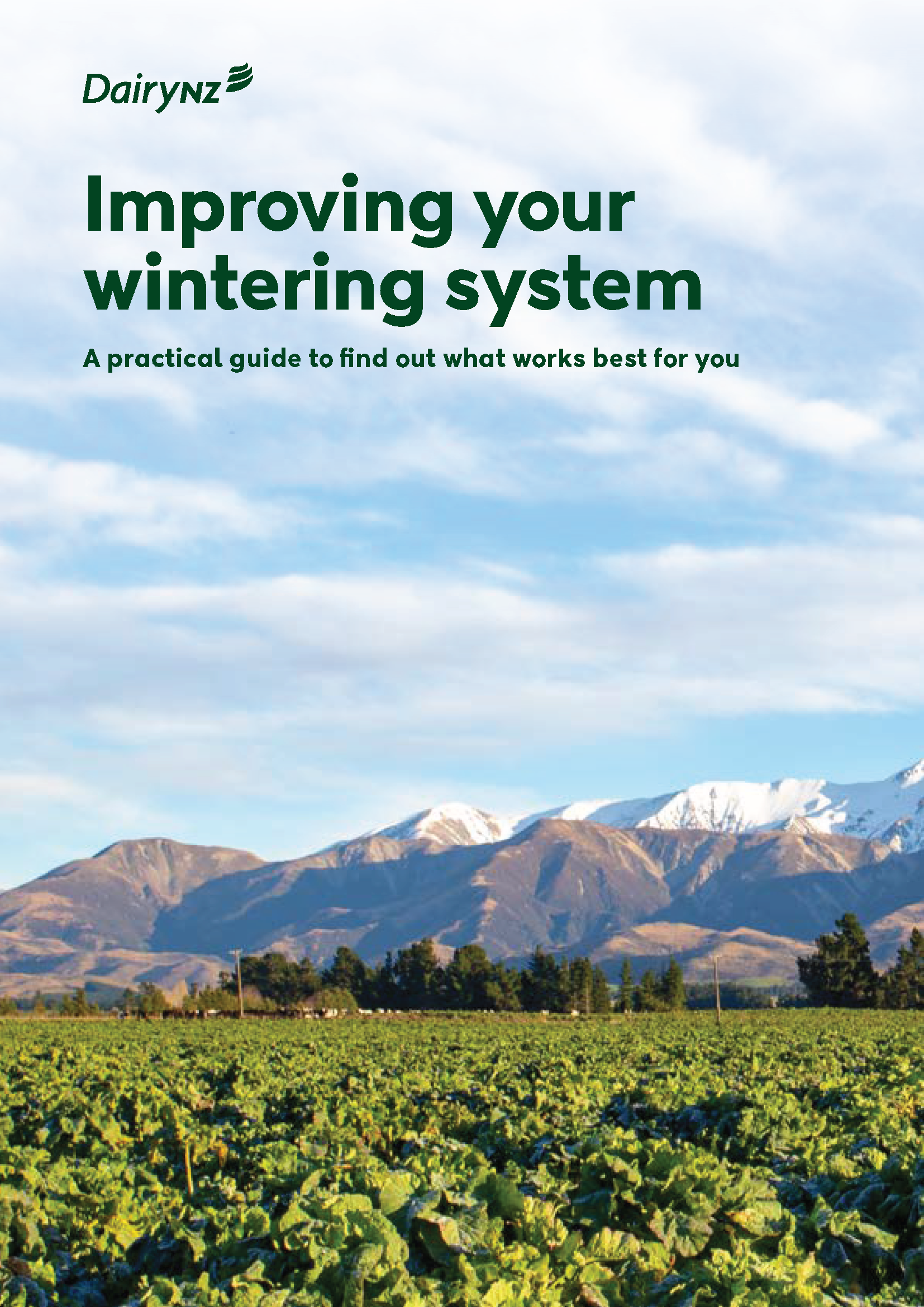“We want to emphasise the excellent work farmers and the primary industry in general have undertaken on IWG during the past three years. A lot of time and effort has resulted in positive outcomes, and we want people to keep up this excellent work,” she says.
“We’re very proud of the work completed by farmers’ engaging with ORC workshops, preparing their management plans, for following a pragmatic consent process and focusing on good management practice,” she says.
The Government recently announced that Intensive Winter Grazing (IWG) regulations will be repealed, to be introduced into Parliament this month, which will be in place for winter 2025.
Ms Gilroy says for winter 2024, Otago farmers can expect ORC will continue to monitor compliance for IWG activities during winter 2024 but will take a “pragmatic and risk-based approach to this programme.”
“While legislative change is coming, our work to date has been very important and an excellent investment in our region. We know farmers need to plan ahead to make good on-farm decisions about where crops will go for next year. Once we know more about what rules may apply to this activity in the future, we’ll be able to update people,” Ms Gilroy says.
ORC wants farmers to continue to operate in line with good management practice and their resource consents this winter, given the key focus of these was the grazing management plans, which people have already completed.
“We know farmers are well set for this winter and grazing is underway. Please keep your consents; they’ll give you all certainty and still apply to this winter,” she says.
DairyNZ’s general manager farm solutions and policy, Dr David Burger, says dairy farmers have made “significant improvements” with their wintering practices in recent years.
“Last winter, 86% of Otago dairy farmers implemented at least five good management practices over winter, showcasing the range of tactics they use to care for their cows and environment,” he says.
“We’ve seen farmers lifting the standards of animal care while working hard to protect the environment. They should be proud of the work they have done to date and look to continue this great practice in the seasons ahead even if they do not require a resource consent.”
Ms Gilroy wants farmers who do not have a consent to continue to strive to meet the permitted criteria for the regulations and have a grazing management plan in place which will support good on-farm decisions around grazing.
“ORC’s compliance programme will continue for this winter, with a continued focus on education and level of risk assessment,” she says.
Ms Gilroy says on the question of changes to IWG, ORC is already working with primary industry groups, stakeholders and the Ministry for the Environment.
“We’ve had excellent engagement from farmers on IWG over the years and we’re really proud of the collective effort of our farmers. We know that this will continue for winter 2024 and beyond,” she says.
Key points for farmers:
- Operate in line with good management practice for this winter including having a grazing management plan.
- If you do not have a consent continue to meet the permitted activity rules in the regulations.
- Continue to operate in line with the conditions of their resource consent which provide certainty in a time of regulatory uncertainty
ORC - Please contact our Consents Team if you are thinking about applying for a consent only for winter 2024.
Grazing management plan template here.
ORC’s Pollution Hotline – 0800 800 033
DairyNZ also has a range of winter grazing information to help farmers plan and manage their animals and environment over winter at dairynz.co.nz/wintering.
DairyNZ website has further information dairynz.co.nz
Further information or to talk about IWG; Federated Farmers





